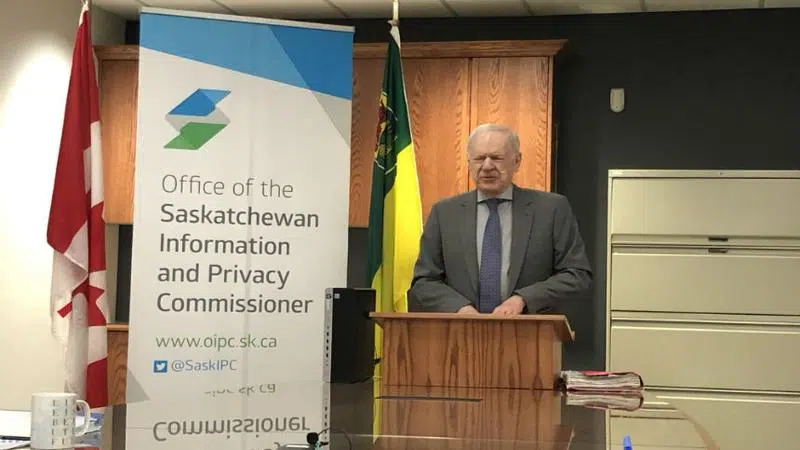
Sask. privacy commissioner releases 2018-19 annual report
The Saskatchewan Information and Privacy Commissioner’s 2018-19 annual report focuses on modernizing legislation in a digital world.
In his report released Thursday, Ronald Kruzeniski called for the “modernization of our access and privacy legislation to ensure new threats to privacy are sufficiently addressed and citizens are able to access public records with greater ease.”
Some highlights in the report include:
- Trustees to require express consent before using recording or video devices to collect personal health information
- Clarify that an access to information request may be made on the prescribed form, in writing or electronically
- Mandate trustees when using electronic means to collect, use or disclose personal health information to create, maintain and regularly audit records of user activity of those systems
- Explicitly state that access to manuals, policies, guidelines or procedures, if not on a government institution’s or local authority’s website, is provided free of charge
- Require all personal health information be stored in Canada
- Provide the ability of the Commissioner to comment on the privacy implications of new technology
- Include a section making access easier for those with disabilities
- Streamline the fee structure and provide that no citizen pays if the costs are under $200


